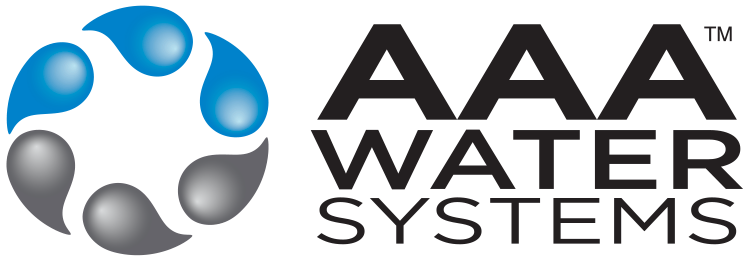A Dependable Well
According to the USGS (United States Geological Survey), 15% of the population in the United States (over 43 Million people) rely on water from a well as their primary source of water.
However, the safety of water from residential wells is not regulated by the Federal Safe Drinking Water Act. In most cases, state law also does not regulate the quality of well water. Instead, it becomes the responsibility of the homeowner to maintain their well system and monitor its quality.
A study of 2,100 domestic wells across the United States showed that water pumped from approximately one in five wells contained one or more contaminants at a concentration higher than is recommended for human consumption in water.
With so many of us in the Northern California & Central Valley area depending on water from our wells to sustain us, it’s vital to understand the importance of maintaining quality water and a properly functioning well to support our health, safety, and satisfaction.
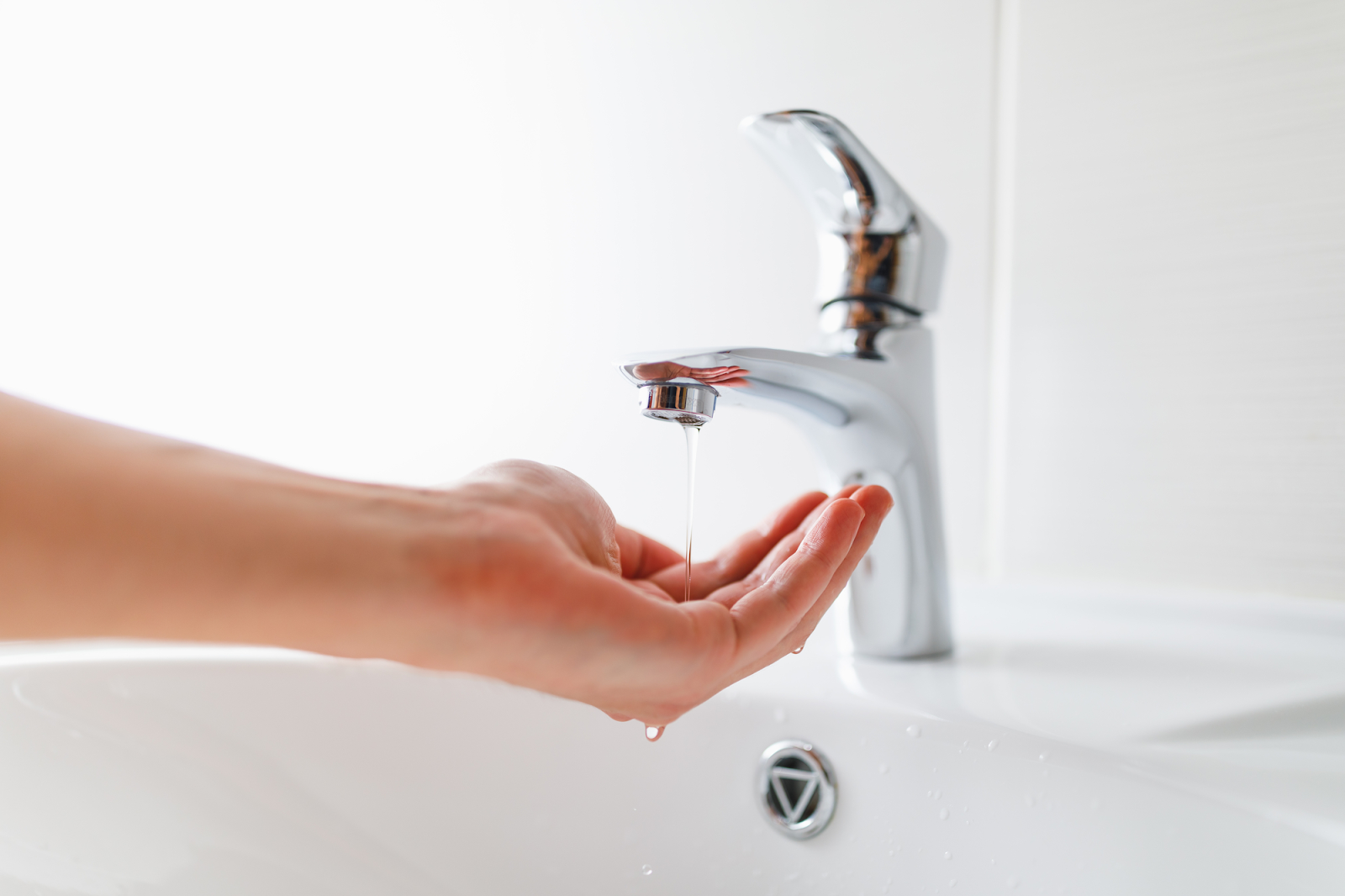
Common Well Problems
System Issues
Low Water Pressure
Reduced water pressure can occur due to various reasons, such as well pump issues, clogged pipes, sediment buildup, or a dropping water table. Pressure issues can be frustrating and affect the efficiency of the water supply for your household needs such as laundry and showering.
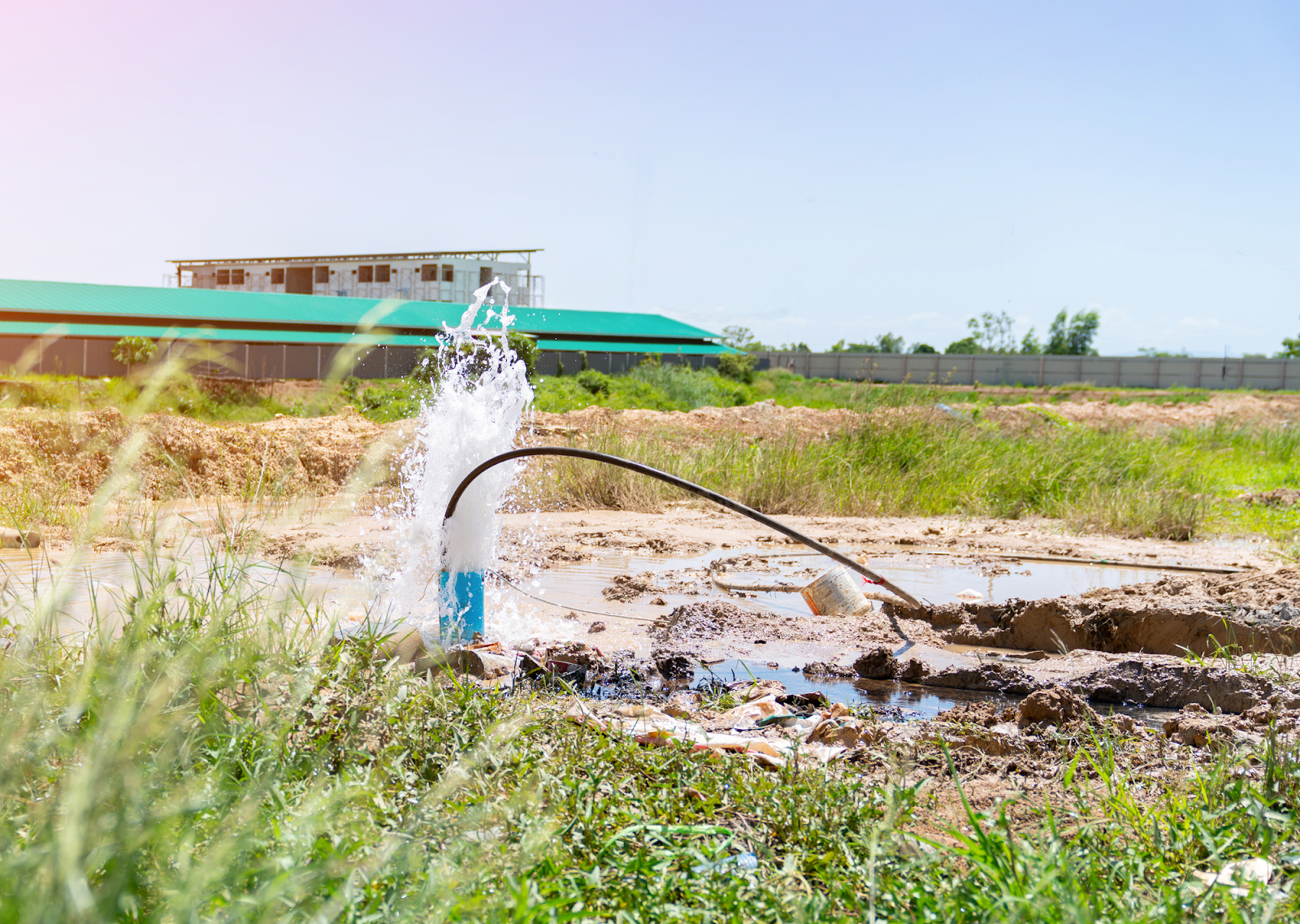
Well Maintenance and Construction Issues
Improper well construction, including insufficient casing depth, inadequate sealing, or damaged well caps, can allow surface contaminants to enter the well.
Also, wells that are not properly maintained, cleaned, sealed, or serviced regularly are also more susceptible to contamination from various sources.
Lack of regular upkeep can also result in deteriorating well conditions, casing leaks, damaged well caps, or issues with well components, impacting your overall system performance and the money it takes to maintain a proper and safe water supply to your home.
How Often Should You Check Your Well?
The CDC (Centers for Disease Control and Prevention) recommends at a minimum that you check your well every spring to ensure there are no mechanical issues.
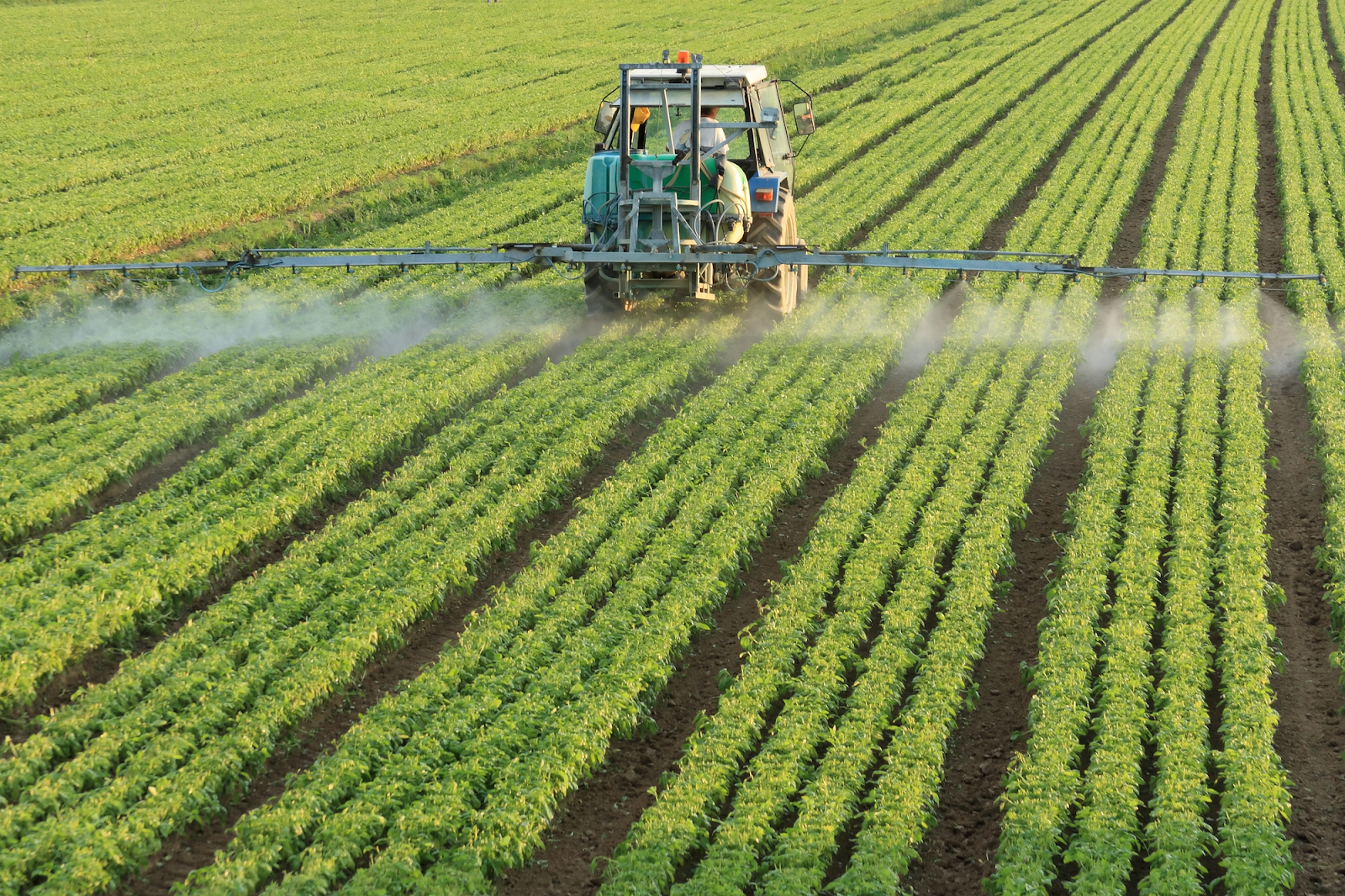
Contamination Issues
The EPA (Environmental Protection Agency) says, “Private wells can be contaminated by both naturally occurring sources and by human activities.” Here are some commonly found contaminants in wells.
Surface Contamination
This type of contamination is often caused by rainwater runoff. This runoff can carry many possible pollutants like pesticides and fertilizers, bacteria, viruses, and parasites from animal waste. It can also carry chemicals from roads and industrial areas. These are just to name a few.
An improperly constructed or damaged well can allow this type of surface contamination to seep in and contaminate your water source. Flooding is another common source of surface contamination and can often carry sediment, debris, and microorganisms into your water source.
Subsurface Contamination
There are many potential causes of subsurface contamination. A few common ones are improperly maintained septic tanks, cesspools, or sewage systems that have the potential to release harmful bacteria, viruses, and nitrates into the groundwater.
Chemicals used in farming such as pesticides, herbicides, and fertilizers, can infiltrate the soil and seep into groundwater. Landfills, waste disposal sites, and underground storage tanks also have the potential to contaminate groundwater.
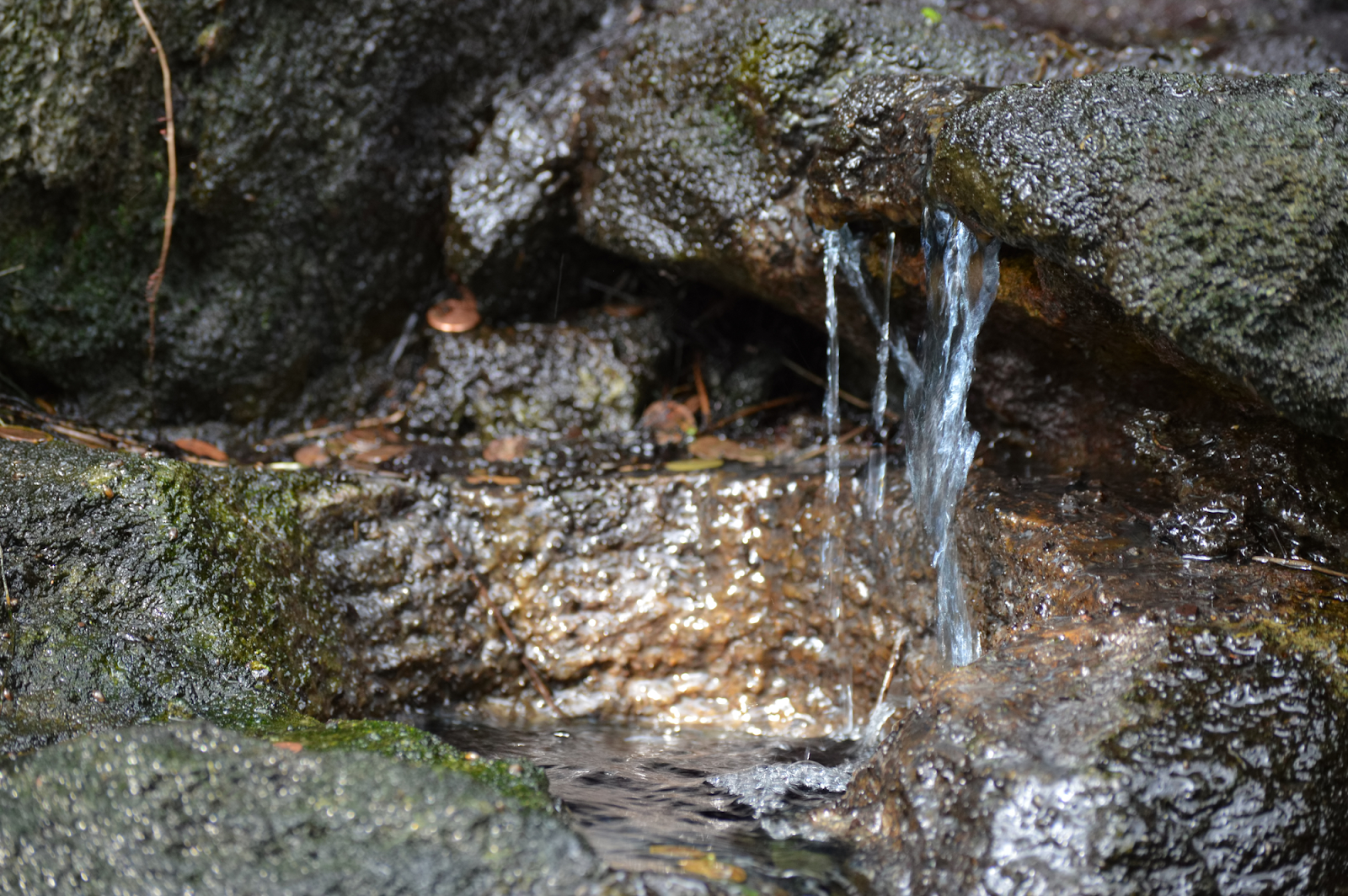
Natural Factors
Not all pollutants found in wells are man-made issues. Naturally occurring minerals and elements in soil and rock formations, such as arsenic, radon, and heavy metals, can dissolve into groundwater. Microorganisms like bacteria, viruses, and parasites can also enter groundwater through natural pathways, especially in areas with high groundwater vulnerability.
Other Water Quality Concerns.
Contaminants and naturally occurring elements in your well water can cause a variety of issues that affect your health and home.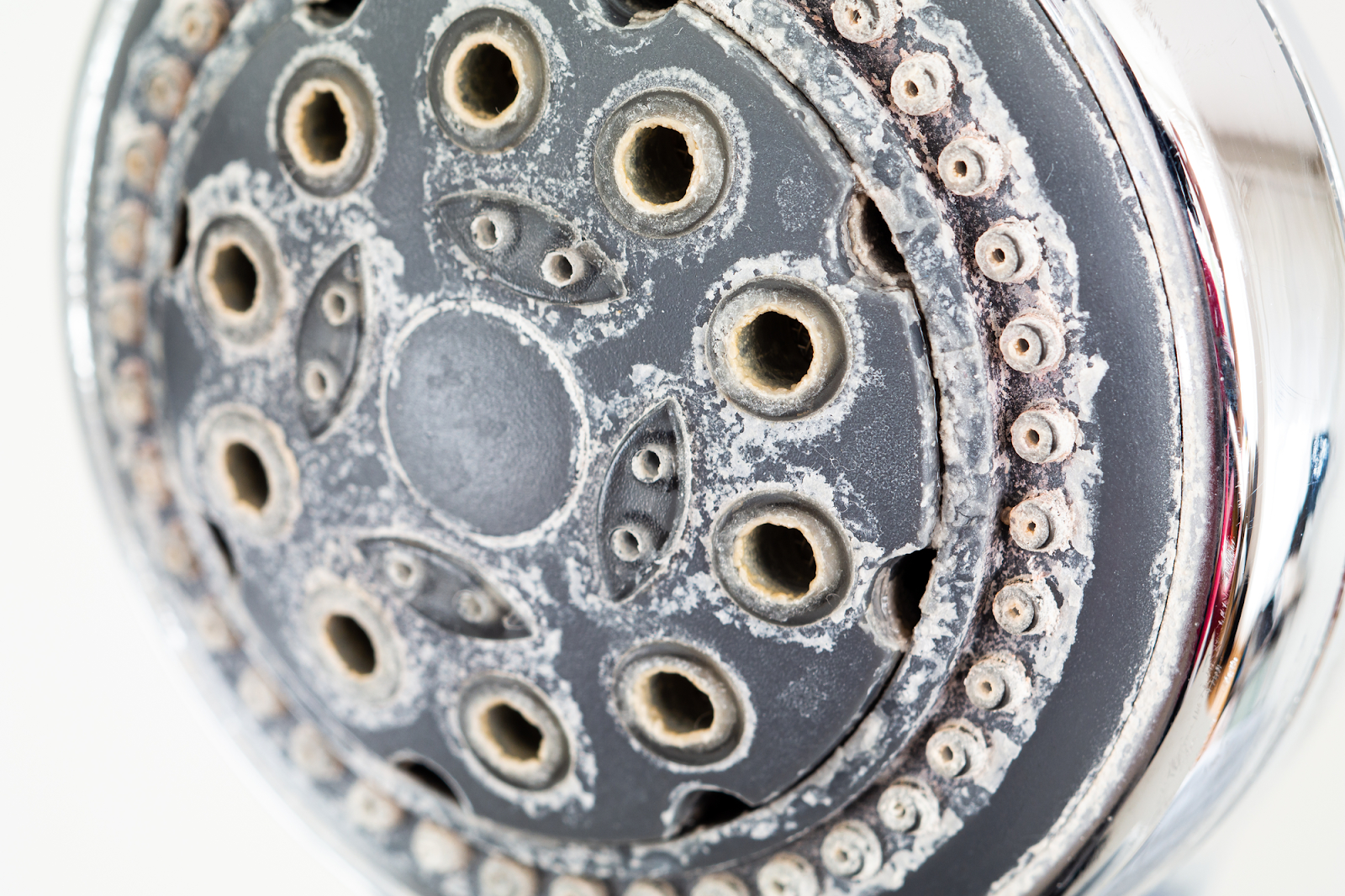
Hard Water
When ground water trickles down through limestone and chalk deposits it absorbs extra minerals like magnesium and calcium and results in what is known as hard water. Hard water can lead to several issues. Scale buildup caused by hard water can damage your fixtures, and pipes and reduce the efficiency and lifespan of water-dependent appliances like your water heater and dishwasher. This same scale can react with soap in your sinks and shower to form a sticky residue known as soap scum. This is the buildup of spots you may notice on shower doors and “clean” dishes. This buildup can also be found on your skin and hair, stripping them of their natural oils and causing dryness, irritation, and dullness. Hard water also makes soap less effective and reduces its ability to lather. This results in using more soap and detergent to achieve clean skin, laundry, and dishes.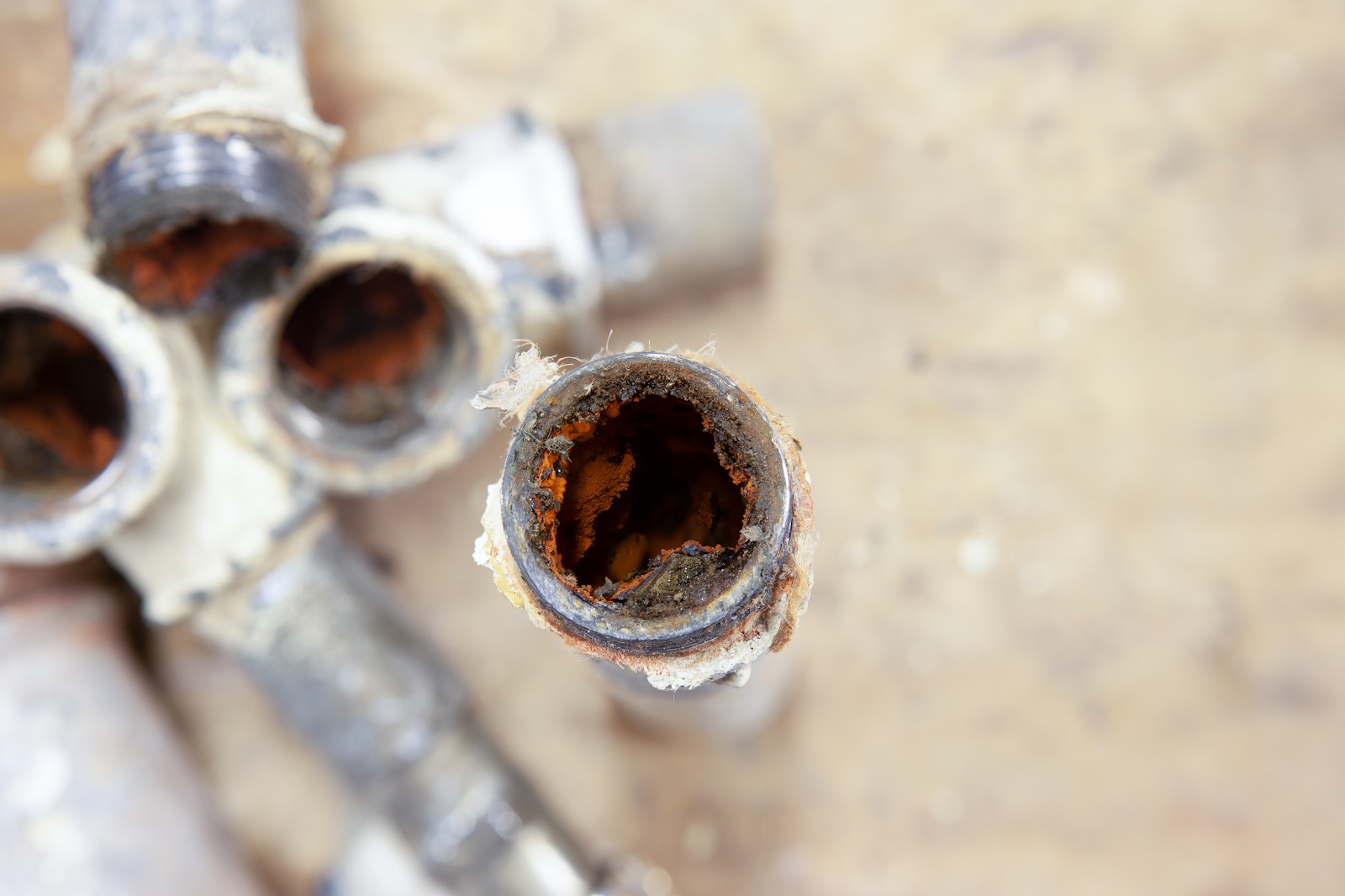
pH Imbalance
The pH level of water determines its acidity or alkalinity. A balanced pH is crucial for water quality. Imbalances in pH can cause various issues.
Water that is too acidic or too alkaline can corrode plumbing fixtures, leading to leaks, metal contamination, or scaling. Extreme pH levels can affect the taste and clarity of water, making it unpleasant or cloudy. Highly acidic or alkaline water may also affect the body’s internal pH balance, causing potential gastrointestinal issues or other health concerns over time.
Unpleasant Odor or Taste
Water with a noticeable taste or odor is off-putting and can indicate potential contaminants such as organic matter, decaying vegetation, sulfur, bacteria, or elevated levels of minerals. Bad-tasting water is also just not enjoyable.
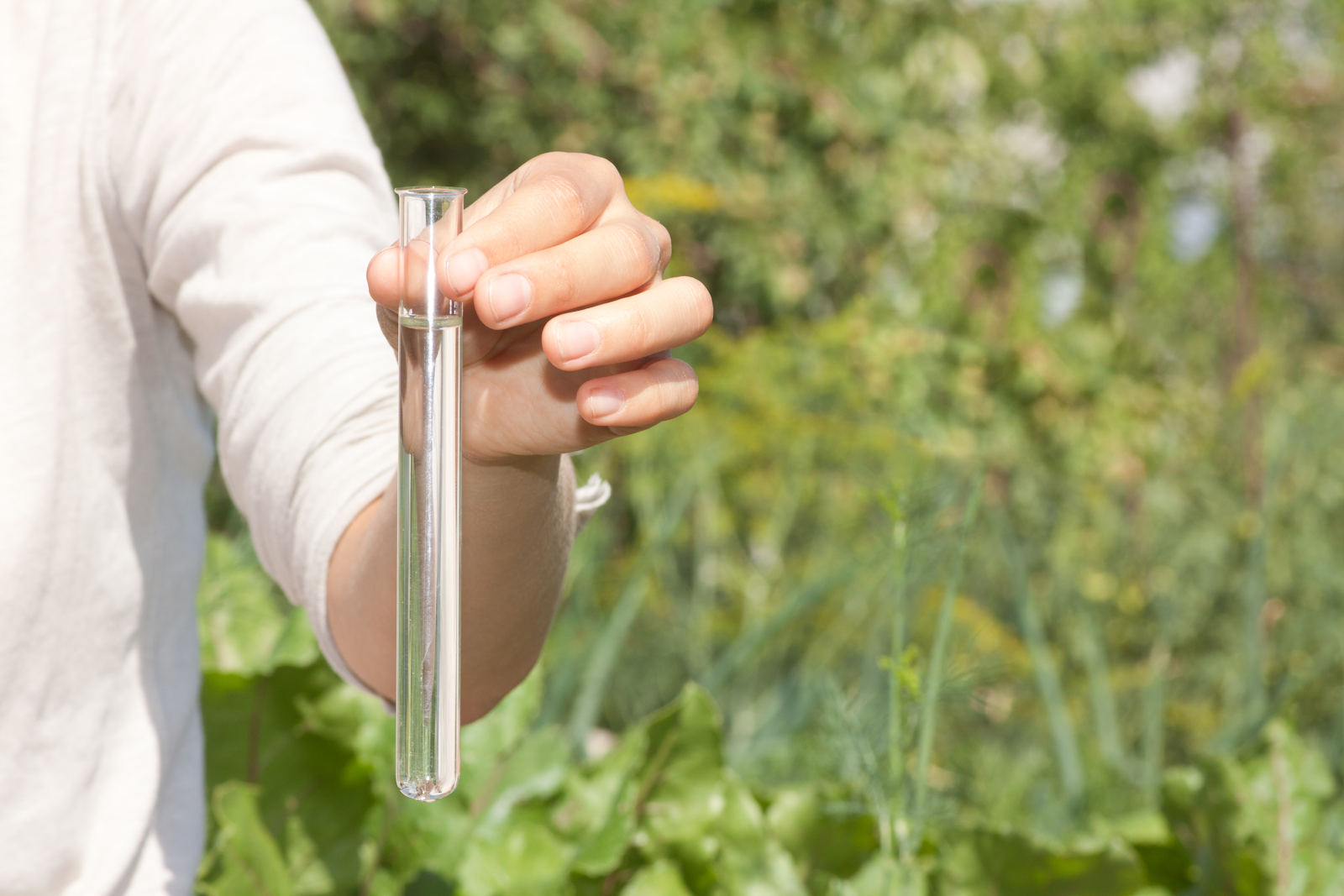
Water Testing
The best way to find out what is in your water is to have it tested by a professional. Not only does this ensure adherence to regulatory requirements, but regular testing of your water can also help identify issues early and allow for intervention to ensure the safety and quality of the water from your well. This can help prevent potential health risks associated with contaminated water.
How Often Should You Test Your Water Supply?
The CDC recommends that your well be tested once per year for total coliform bacteria, nitrates, total dissolved solids, and pH levels.
If you suspect other contaminants, you should test for those as well, but it’s a good idea to consult a local expert about water in your area to identify potential problems first since these tests can be expensive. The local health department or your local expert at AAA Water Systems, Inc will know about contaminants of concern in the Northern California & Central Valley area.
You should also have your water tested if you have experienced problems near your well such as flooding or land disturbances, if you’ve recently had any maintenance or repairs to your well or any part of your well system, or if you’ve noticed a change in the taste, color, or smell of your water.
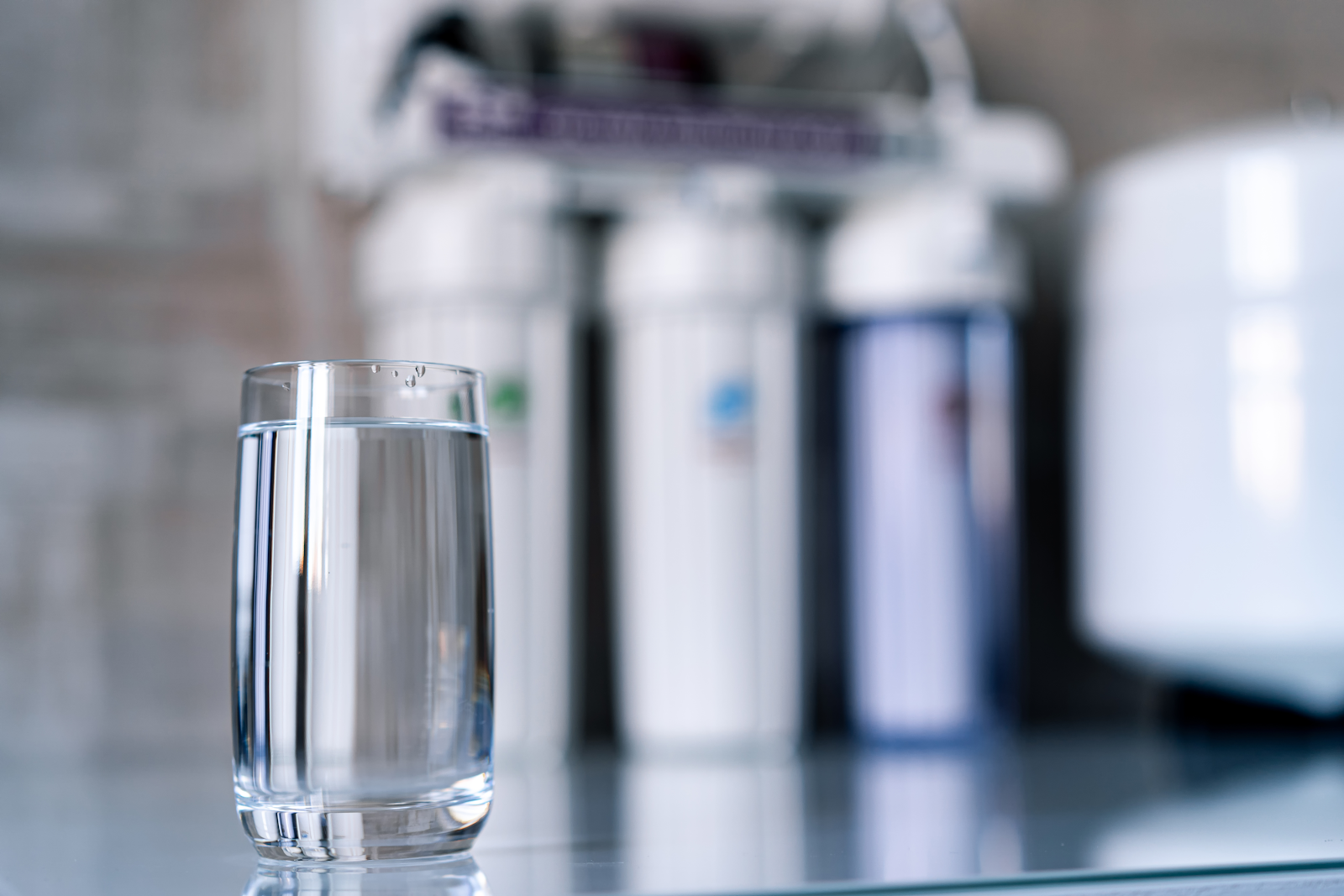
Types of Water Treatment Systems
Some common systems used in the treatment of well water are:
- Sediment Filters
- Iron Breakers
- UV Sterilization Systems
- Carbon Filters
- Water Softening Systems
- Reverse Osmosis Systems
Each of these systems serves a different purpose and not all of them are always necessary. The order in which they are installed is also vital to treating your water properly. For example: Allowing excessive iron in your water softener will damage the resin bed and require more frequent cleaning or replacement.
A certified water treatment specialist could help you identify and treat issues like high iron to make sure you don’t limit the capacity of your water softener.
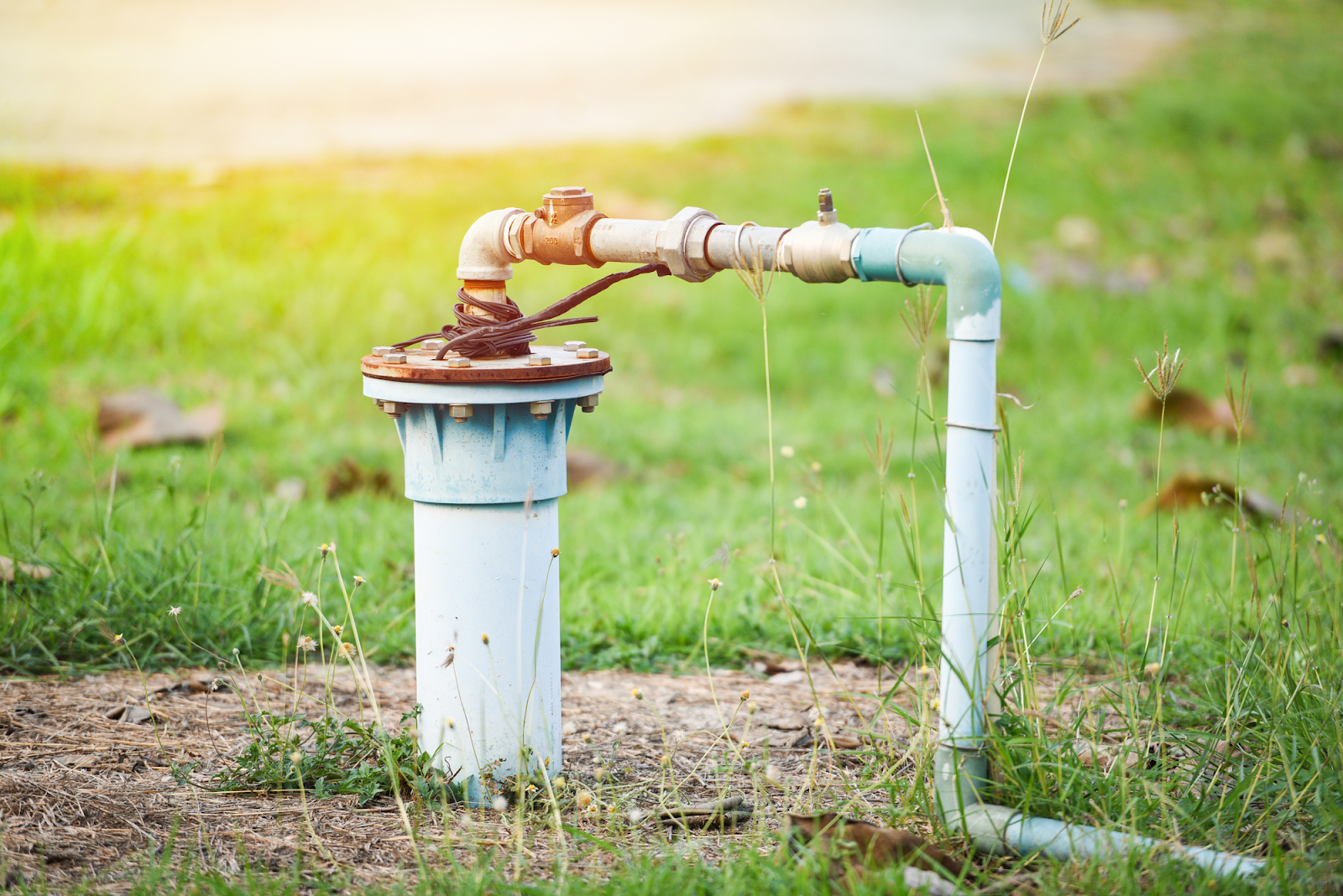
Water is Complex
With the complexity of water, water treatment systems, and wells, it’s not only important to have your water tested regularly but also to work with someone who knows how to interpret the results and treat your water and well based on what that data says. There is no one-size-fits-all solution to well water. Your neighbor right down the road may require a different solution than you do.

Trusting a Well Water Treatment Professional
Your local water treatment professional at AAA Water Systems, Inc knows the water in the Northern California & Central Valley area intimately. Our team has over 31 years of experience serving our residents with well water.
Based on your test results and your personal preferences, your local water treatment expert at AAA Water Systems, Inc will be able to recommend the treatment system that is right for your water, your family, and your budget.
We can also provide ongoing maintenance on your existing water treatment system to make sure you get the most out of its lifespan and ensure that it’s functioning at the proper capacity.
Call us today at 925-686-6788 to explore options for your well and for safer, more enjoyable water for your home.


